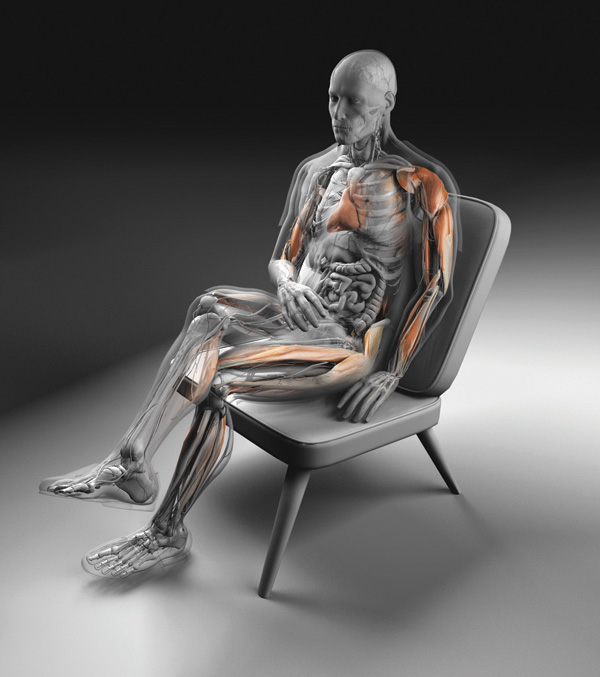“Inactivity” by Bryan Christie Design.
Bryan Christie
The Murder Gene

Last September in Italy, a man convicted of what would, in this country, be called second-degree murder or manslaughter had his 9-year sentence reduced on appeal on the grounds that he exhibited
abnormalities in brain-imaging scans and in five genes that have been linked to violent behaviour — including the gene encoding the neurotransmitter-metabolizing enzyme monoamine oxidase A (MAOA). … Giving his verdict, [the judge] said he had found the MAOA evidence particularly compelling.
The ruling marks the first time a defense based on behavioral genetics — the argument that a defendant’s genes caused him to commit the crime — has affected the outcome of a criminal case in any European court. To my knowledge, no defendant has ever succeeded with this argument in America, either, though many have tried.
I have written before about the implications of behavioral genetics for criminal law, which is built on the assumption that we are generally responsible for our own actions. Surely this is an issue the criminal courts will have to face: some people may indeed be genetically hard-wired for violence. But this decision comes as a surprise to me because the science does not seem to justify it, not yet. We simply don’t know that a single gene like MAOA causes specific behaviors, even in very specific gene-environment interactions. It is a bad decision but a telling one: as the science of behavioral genetics advances, at some point the courts will find it impossible ignore. (To learn more, a great scholarly article by law professor Owen D. Jones is here.)
For now, though, the idea of a “murder gene” is the stuff of novels, not science. My own next novel takes up this very issue. It involves a man named Andy Barber, who descends from a long line of violent men and whose teenage son Jacob is accused of murdering a classmate. Jacob, it turns out, also carries the MAOA gene variant — sometimes called the “warrior gene.” Preparing for his son’s murder trial, Andy says,
The legal question we discussed most … was the relevance of Jacob’s violent bloodline. We referred to this issue as the “murder gene” to express our contempt for the idea, for its backwardness, for the way it warped the real science of DNA and the genetic component of behavior, and overlaid it with the junk science of sleazy lawyers, the cynical science-lite language whose actual purpose was to manipulate juries, to fool them with the sheen of scientific certainty. The murder gene was a lie. It was also a deeply subversive idea. It undercut the whole premise of the criminal law. In court, the thing we punish is the criminal intention — the mens rea, the guilty mind. There is an ancient rule: actus non facit reum nisi mens sit rea — “the act does not create guilt unless the mind is also guilty.” This is why we do not convict children, drunks, and schizophrenics: they are incapable of deciding to commit their crimes, not with a true understanding of the significance of their actions. Free will is as important to the law as it is to religion or any other code of morality. We do not punish the leopard for its wildness. But that is the argument Logiudice [the prosecutor] would make if he had the chance: born bad. He would whisper it in the jury’s ear, like a gossip passing a secret. We were determined to stop him, to give Jacob a fair chance.
The murder gene may indeed be junk science, for now at least, but it is a haunting idea. We are quite comfortable with the idea that certain benign traits may inherited — musical talent, athleticism. Why not a talent for violence?
Image: Bryan Christie, “Pharmaceutical Brain”
